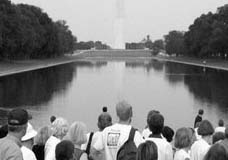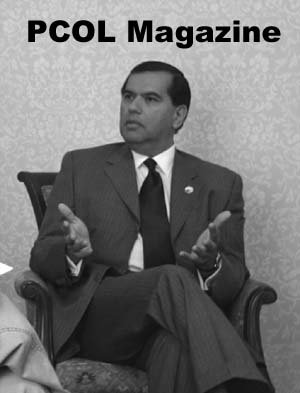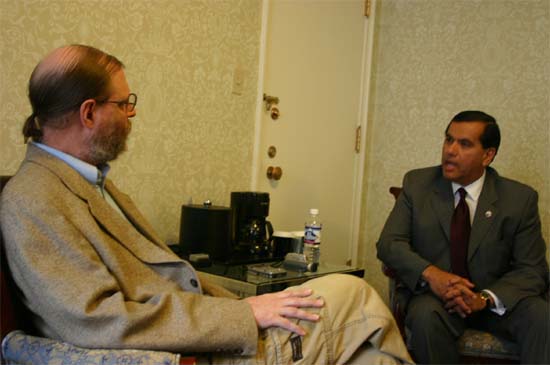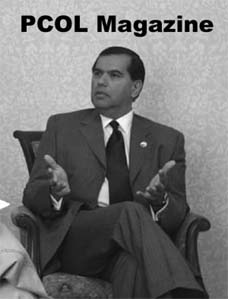 | Peace Corps Safety Issues Are Assaults increasing for Peace Corps Volunteers? Read the complete series on Volunteer Safety and Security from the Dayton Daily News and the Peace Corps' Response to the Series. Then join RPCV discussions here, here, and here. RPCVs remember the Peace Corps Fallen PCVs who have died in the Peace Corps by Date, Country of Service, and Cause. |
 | Director Vasquez Speaks Out Last month we reported on the Senate hearings on Peace Corps Safety and Security. Now Director Vasquez speaks out in an op-ed piece and says that Dayton Daily News portrayal of Peace Corps doesn't jibe with facts. Has DDN provided "slanted coverage" and "misinformation?" Read the editorial from the DDN, the Director's reply and leave your opinion. |



